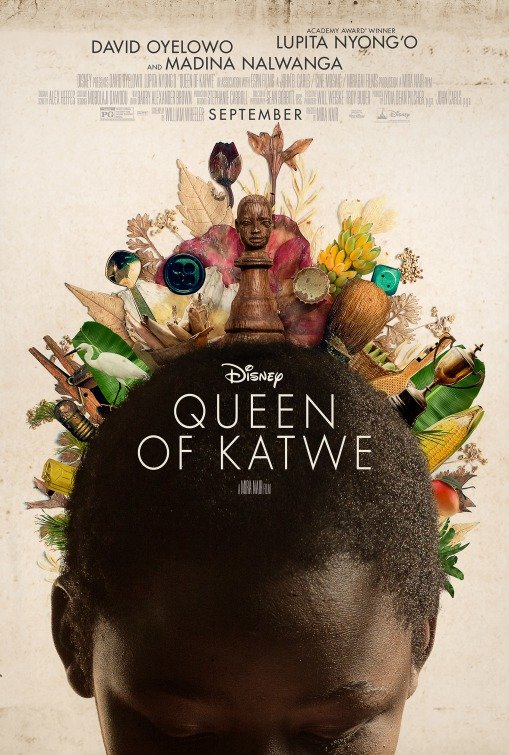
By India McCarty
A new study by the National Institute of Health has found that teenagers’ drug and alcohol use has dropped to an all-time low.
“This trend in the reduction of substance use among teenagers is unprecedented,” said Nora D. Volkow, M.D., director of NIH’s National Institute on Drug Abuse (NIDA). “We must continue to investigate factors that have contributed to this lowered risk of substance use to tailor interventions to support the continuation of this trend.”
Alcohol use among high school seniors has dropped to 42%. For comparison, in 1997, the number was 75%. For 10th graders, the number has dropped from 65% to 26%, while 8th graders’ drinking has had an even steeper decline from 46%, to just 13%.
Many other experts have commented on Gen Z’s increasing turn to sobriety. Sybil Marsh, a physician specializing in family medicine and addiction, told TIME Magazine that drinking alcohol was once seen as “a badge of maturity,” but young people no longer feel that way — and take seriously the long-term health risks drinking can have on themselves.
Related: Gen Z Drinks Way Less Than Generations Before — Is That a Good Thing?
“It is becoming clear that, for whatever reasons, today’s younger generations are just less interested in alcohol and are more likely than older generations to see it as risky for their health and to participate in periods of abstinence like Dry January,” George F. Koob, the director of the National Institute on Alcohol Abuse and Alcoholism, said in a statement.
Drug use has also dropped. The NIH’s study says marijuana use among high school seniors has decreased from 39% to 26%. Vaping took a hit, too — in 2020, 35% of 12th graders reported they were using vapes. Today, that number stands at 21%.
So, what is the reason behind these drops in drug and alcohol use among teenagers? Experts are pointing to the aftereffects of the 2020 COVID-19 pandemic and lockdowns.
“Kids who were in eighth grade at the start of the pandemic will be graduating from high school this year, and this unique cohort has ushered in the lowest rates of substance use we’ve seen in decades,” Richard A. Miech, Ph.D., team lead of the Monitoring the Future survey at the University of Michigan, told the NIH. “Even as the drugs, culture, and landscape continue to evolve in future years, the Monitoring the Future survey will continue to nimbly adapt to measure and report on these trends — just as it has done for the past 50 years.”
Miech also spoke about the study’s results to the Guardian, explaining that researchers “really expected” to see these numbers “return to their pre-pandemic levels.”
“We found that drug use not only stayed low, but it’s dropped even further,” he shared.
No matter the reason, it’s encouraging to see that many young people understand the long-term physical and mental health effects drug and alcohol use can have as they turn away from those substances.
Read Next: Generation Z Is Less Promiscuous Than Millennials According to New Research
Questions or comments? Please write to us here.


 - Content:
- Content: 

